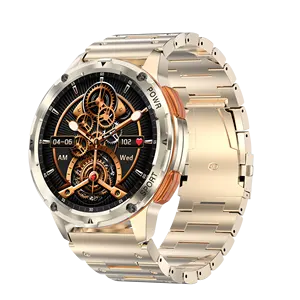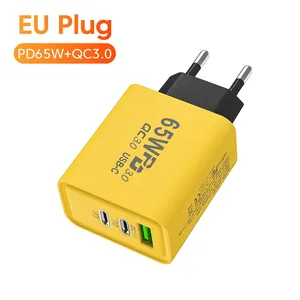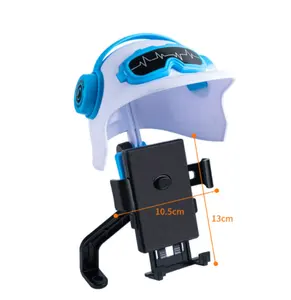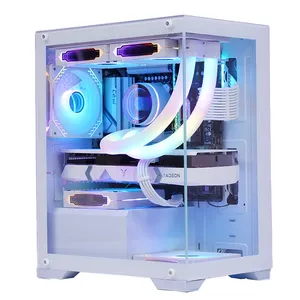Popular in your industry















































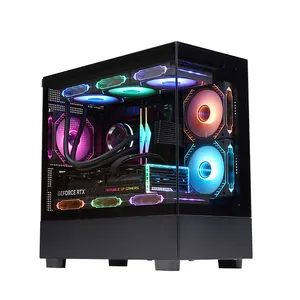
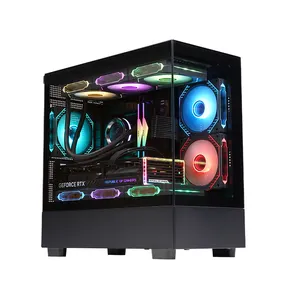















Related Searches:























































































 Ready to Ship
Ready to Ship
















































Top categories
About computer fans
Introduction to Computer Fans
Computer fans are essential components in electronic devices that help in maintaining the optimal temperature of the system by dissipating heat generated during operation. These fans are crucial for preventing overheating, which can lead to performance issues and hardware damage. In the realm of business electronics, having efficient computer fans is vital for ensuring the smooth functioning of devices and extending their lifespan.
Types of Computer Fans
When it comes to computer fans, there are various types available to cater to different needs. Case fans are installed within the computer case to provide general cooling for the entire system. On the other hand, processor cooling fans are specifically designed to cool the CPU, which is a critical component generating significant heat during operation. Additionally, computer chassis fans are installed on the chassis to enhance overall airflow within the system.
Technical Aspects of Computer Fans
Computer fans come in different sizes, typically measured in millimeters, such as 80mm, 120mm, and 140mm. The size of the fan can impact its airflow capacity and noise level. Moreover, the fan speed, measured in revolutions per minute (RPM), determines how quickly the fan blades rotate to dissipate heat. Understanding these technical specifications is crucial for selecting the right fan for your business needs.
Design Features of Computer Fans
Modern computer fans often incorporate advanced design features to enhance their performance. Some fans come with LED lighting for aesthetic appeal, while others focus on noise reduction technologies to operate quietly. Moreover, fan blade designs play a significant role in optimizing airflow and reducing turbulence within the system.
Choosing the Right Computer Fan
When selecting a computer fan for your business, consider factors such as the compatibility with your system, the airflow requirements based on your hardware configuration, and the noise levels you can tolerate in your work environment. Additionally, looking for features like longevity and energy efficiency can help you make a sustainable choice.
In conclusion, computer fans are indispensable components in maintaining the optimal performance of electronic devices in the business sector. Understanding the different types, technical aspects, design features, and selection criteria can empower businesses to make informed decisions when investing in computer cooling solutions.
